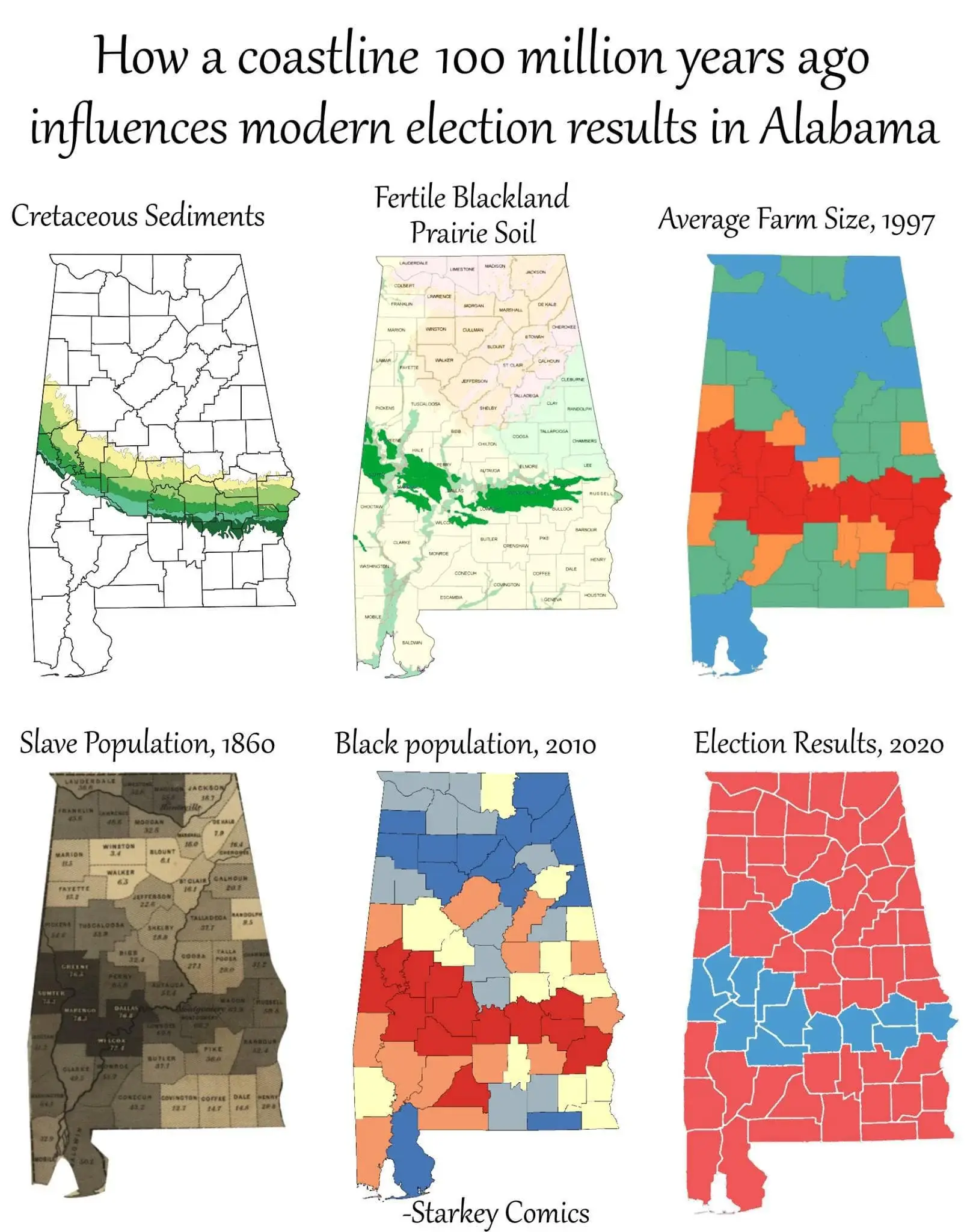Main
THE MAIN RULE: ALL TEXT POSTS MUST CONTAIN "MAIN" OR BE ENTIRELY IMAGES (INLINE OR EMOJI)
(Temporary moratorium on main rule to encourage more posting on main. We reserve the right to arbitrarily enforce it whenever we wish and the right to strike this line and enforce mainposting with zero notification to the users because its funny)
A hexbear.net commainity. Main sure to subscribe to other communities as well. Your feed will become the Lion's Main!
Good comrades mainly sort posts by hot and comments by new!
 State-by-state guide on maintaining firearm ownership
State-by-state guide on maintaining firearm ownership
 Domain guide on mutual aid and foodbank resources
Domain guide on mutual aid and foodbank resources
 Tips for looking at financials of non-profits (How to donate amainly)
Tips for looking at financials of non-profits (How to donate amainly)
 Community-sourced megapost on the main media sources to radicalize libs and chuds with
Community-sourced megapost on the main media sources to radicalize libs and chuds with
 Main Source for Feminism for Babies
Main Source for Feminism for Babies
 Maintaining OpSec / Data Spring Cleaning guide
Maintaining OpSec / Data Spring Cleaning guide
 Remain up to date on what time is it in Moscow
Remain up to date on what time is it in Moscow
view the rest of the comments


The point is that plantations lead to large farms, because in many cases the land holders kept the land and switched to sharecropping instead of slavery. I would be curious to see the data but I suspect that the smaller northern farms are newer and were perhaps not viable until fertilizers.
But they're not newer than slavery, which is why the slavery map has density in the north. That matters to the ultimate point that fertile soil = large farms = slaves = high black population = democratic majority. Because in this case it's fertile soil = not as large farms = slaves = low black population = republican majority.
How can the size of the farms be relevant if both large and not large farms result in different black populations and therefore party majorities? In this case the most relevant statistic to the party is race. The proximity to agriculture means nothing outside of 'people live near agriculture and some of them may be democrats'